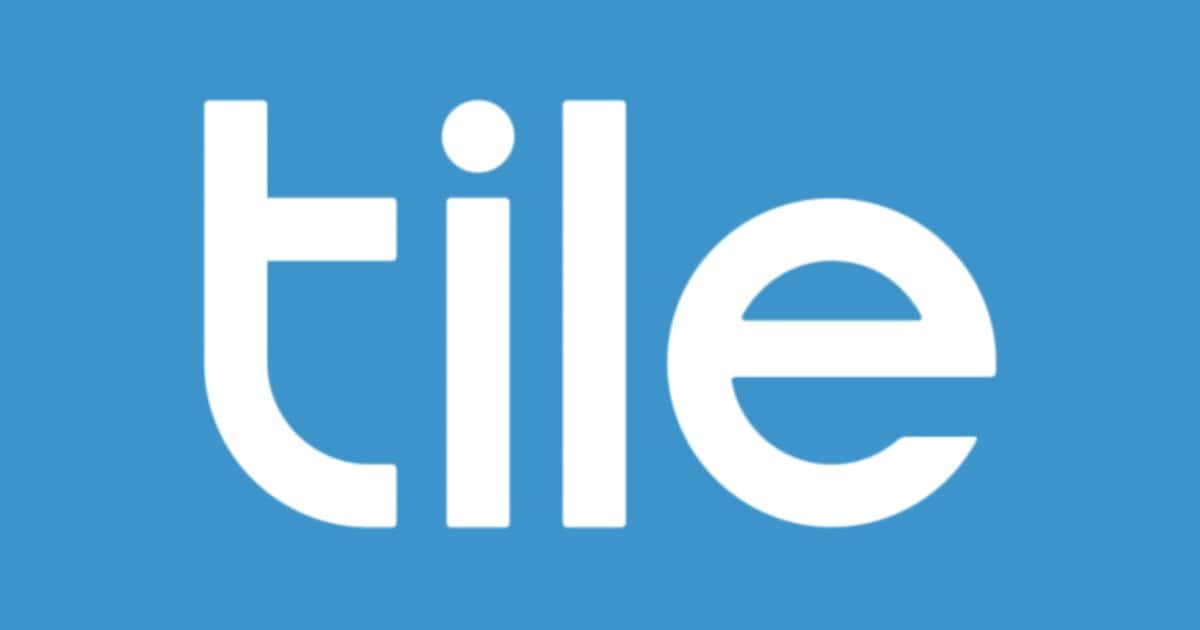On Wednesday, Tile told a congressional panel that Apple didn’t live up to its promises to resolve a dispute between the two companies.
Tile had objected to Apple requiring its users to repeatedly agree to allow Tile to operate in the background, which is crucial to Tile’s service…Tile also said that there were indications that Apple planned to update its Find My product, adding hardware, so it would be a competitor to Tile.
Those are Tile’s two arguments. One – They’re mad that Apple cracked down on apps collecting location data in the background. No sympathy there from me. Two – Apple allegedly plans to compete with Tile with its own hardware Bluetooth device, rumored “AirTag.” Tile is acting as if Apple specifically aimed its location crackdown at them, to set itself up for AirTag, but I’m not sure if that’s right. Tile certainly wasn’t the only one doing that.
Check It Out: Tile: Apple’s Anticompetitive Behavior Has Gotten Worse

“They’re mad that Apple cracked down on apps collecting location data in the background. No sympathy there from me.”
The article “Tile had objected to Apple requiring its users to **repeatedly** agree to allow Tile to operate in the background,” (emphasis mine)
Why do you have to allow it over and over again? I don’t use Tile, but I have a security app that needs to run in the background to know when I’m home or not and alert me if sensors are activated. It annoys me to keep having to tell my phone to let the app do what it’s supposed to do. How about sympathy for the end user?
Sorry, correction on first sentence: should be ‘smart phones and laptops/desktops’ not ‘iPhones and Macs’
The problem here is that Apple is not in any way, shape, or form, a monopoly or even a dominant firm in the relevant markets, i.e. iPhones and Macs. So the argument used against Microsoft, that they are using a monopoly in one market (operating systems) to establish a monopoly in another (office suites) isn’t applicable.
What Apple has a monopoly on are Apple products, just like GM has a monopoly on GM cars and trucks. To pursue antitrust enforcement on that basis is downright preposterous.
If Tile, Spotify, and other app developers are arguing that Apple should grant them basically free and easy access to Apple’s ‘monopoly over Apple products’ (which I pointed out is not a true monopoly in the eyes of the law), then all retail vendors that are not monopolies also lose the right to choose what they stock on their shelves. Walmart will have to allow access to any manufacturer or wholesaler who wants to sell their merchandise through Walmart. All auto dealers can be forced by any car manufacturer to sell its line of cars. You see how ridiculous Tile’s argument is?
The government cannot, and should not, guarantee an obstacle free competitive landscape to all companies. The idiosyncrasies of different markets and technologies just makes that impossible. So Tile is getting Sherlocked. Tough. It might not be a smart move for Apple if enough Apple customers who use Tile disapprove of that strongly enough, but because Apple is not a monopoly, then that’s something that market forces should decide not the government nor the courts. Manufacturer’s everywhere suffer when Walmart or Target stops carrying their products. What makes Tile so special that the government should step in and force Apple, or any smart phone manufacturer, to carry theirs?
Apple is successful not because it’s the only choice out there, but because a lot of consumers (but nowhere near ‘all’) decided that Apple is the best choice out there.
Again, let me reiterate, if Apple holds a monopoly in the smart phone market, then it’s a totally different situation and Tile would have valid grounds to stand on.
Sorry, correction on first sentence: should be ‘smart phones and laptops/desktops’ not ‘iPhones and Macs’